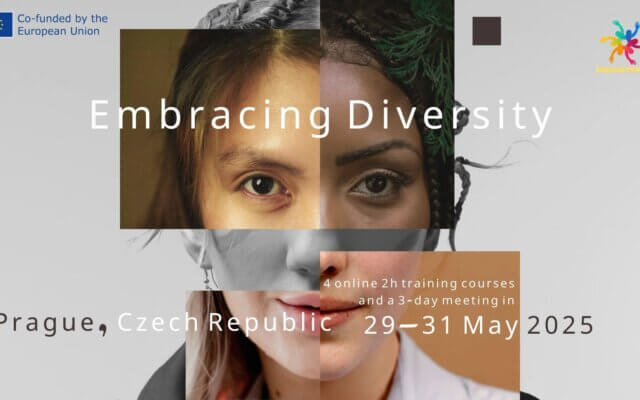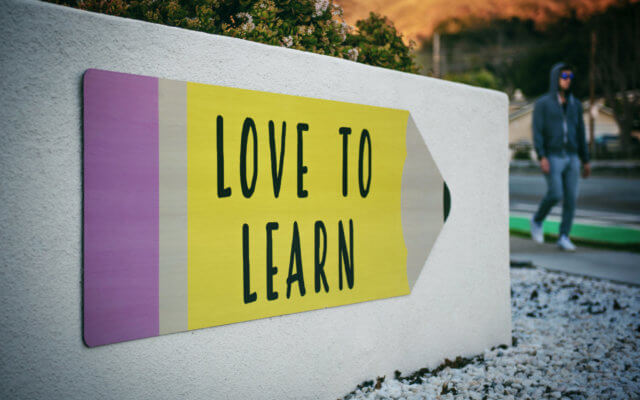ERASMUS+, Klíčová akce 1: tréninkový kurz
Termín konání: 29. červenec—6. srpen 2025
Místo konání: Vyhlídka, Češkovice, Blansko, Moravský kras
Prosím přečtěte si fantastickou Connecting through Science II; Green Europe brožurku vytvořenou úžasnými účastníky tohoto tréninkového kurzu.
Hostitelská organizace: EYCB
Connecting through Science II: Green Europe
Our Training Course “Connecting through Science II: Green Europe” was approved by DZS (www.dzs.cz/eu) and supported by the Erasmus+: Youth grant (http://www.naerasmusplus.cz/) took place in Blansko, Czech Republic in the week of 29th July to 6th August 2025. Blansko is beautiful for its picturesque location at the gateway to the Moravian Karst, abundant with lush forests and rich history which offered the perfect place to host our project.
This training course welcomed 28 youth workers working directly with youth from five different countries: Czech Republic, Greece, Hungary, Romania, and Italy.
The training course “Connecting through Science II: Green Europe”
addressed the pressing issues of the climate crises, carbon footprint, and the promotion of sustainable practices, with a specific emphasis on renewable energy sources, energy efficiency, forests, agriculture, and waste management. This initiative fostered a greater understanding of these critical subjects among youth workers, empowering them to contribute to environmental sustainability so this further gets translated into their daily work with youth. This formed the main goal of the implementation of our training course. During our mobility, the youth workers were provided invaluable opportunities for professional development through non-formal and informal learning experiences.
The emphasis was on practical skills that can be directly applied in their youth work practices. This training course was therefore aligned with Erasmus+ Programme’s horizontal priority of “Environment and fight against climate change.”
Furthermore, this training course aligned with the European’s Commission priority of “The European Green Deal” which fully recognized that climate change and environmental degradation are an existential threat to Europe and the world.
Our project’s achievements:
- Empowering youth workers to become catalysts for positive environmental change through dynamic learning experiences, cross-cultural collaboration, and sustainable practices.
- Fostering a network of environmentally conscious youth workers who lead by example, inspire their communities, and drive global action towards a sustainable and climate-neutral future.
- Equipping youth worker with the knowledge, skills, and resources necessary to promote environmental sustainability within their communities and youth work activities. Our project successfully created a lasting impact by cultivating a sense of environmental stewardship and fostering cross-cultural cooperation among participants.
The needs of a hosting and sending organizations have been a guideline for the main OBJECTIVES of this training course:
- Enhance non-formal and informal learning: provide a dynamic learning environment that emphasises non-formal and informal learning methods, ensuring that participants gain practical insights and skills that can be applied in their youth work practices.
- Encourage cross-cultural collaboration: facilitate opportunities for cross-cultural collaboration and knowledge exchange among participants, enabling the sharing of best practices and diverse perspectives on environmental issues among youth workers, organizations, communities, societies, and countries. Promote sustainable practices and green initiatives: equip youth workers with practical skills and strategies to promote and implement sustainable practices in their communities and youth work activities. Provide participants with tools and knowledge to design and implement green initiatives and projects, contributing to the reduction of carbon footprints and the promotion of environmentally friendly practices.
- Connect with Nature: facilitate experiences that allow participants to directly engage with natural environments. Develop a heightened sense of environmental consciousness by encouraging observation, appreciation, and understanding of the ecosystems around them. Provide dedicated time for participants to reflect on their personal connection with nature.



